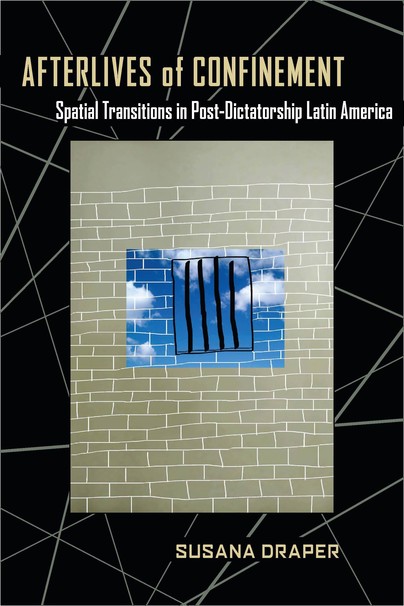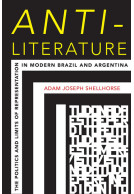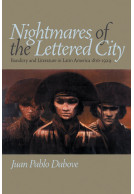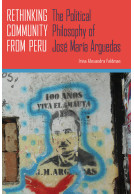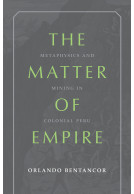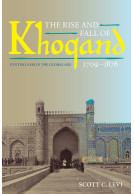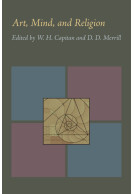Afterlives of Confinement (Paperback)
Spatial Transitions in Postdictatorship Latin America
Imprint: University of Pittsburgh Press
Series: Illuminations
Pages: 248
ISBN: 9780822962250
Published: 28th October 2012
Script Academic
Series: Illuminations
Pages: 248
ISBN: 9780822962250
Published: 28th October 2012
Script Academic
Please note this book may be printed for your order so despatch times may be slightly longer than usual.
You'll be £41.00 closer to your next £10.00 credit when you purchase Afterlives of Confinement. What's this?
+£4.99 UK Delivery or free UK delivery if order is over £40
(click here for international delivery rates)
Need a currency converter? Check XE.com for live rates
(click here for international delivery rates)
Need a currency converter? Check XE.com for live rates
During the age of dictatorships, Latin American prisons became a symbol for the vanquishing of political opponents, many of whom were never seen again. In the postdictatorship era of the 1990s, a number of these prisons were repurposed into shopping malls, museums, and memorials. Susana Draper uses the phenomenon of the \u201copening\u201d of prisons and detention centers to begin a dialog on conceptualizations of democracy and freedom in post-dictatorship Latin America. Focusing on the Southern Cone nations of Uruguay, Chile, and Argentina, Draper examines key works in architecture, film, and literature to peel away the veiled continuity of dictatorial power structures in ensuing consumer cultures.The afterlife of prisons became an important tool in the \u201cforgetting\u201d of past politics, while also serving as a reminder to citizens of the liberties they now enjoyed. In Draper’s analysis, these symbols led the populace to believe they had attained freedom, although they had only witnessed the veneer of democracy—in the ability to vote and consume.In selected literary works by Roberto Bola\u00f1o, Eleuterio Fern\u00e1ndez Huidoboro, and Diamela Eltit and films by Alejandro Agresti and Marco Bechis, Draper finds further evidence of the emptiness and melancholy of underachieved goals in the afterlife of dictatorships. The social changes that did not occur, the inability to effectively mourn the losses of a now-hidden past, the homogenizing effects of market economies, and a yearning for the promises of true freedom are thematic currents underlying much of these texts.Draper’s study of the manipulation of culture and consumerism under the guise of democracy will have powerful implications not only for Latin Americanists but also for those studying neoliberal transformations globally.
Other titles in the series...
Other titles in University of Pittsburgh Press...







